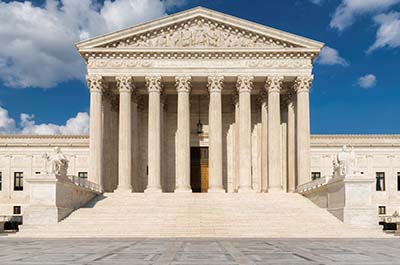Earlier this year, Governor Gavin Newsom signed two bills into law, both of which concern how school districts impose student discipline.
On September 23, 2023, Governor Gavin Newsom signed Senate Bill (SB) 760, which requires each school district, county office of education, and charter school maintaining any combination of classes from first grade to twelfth grade, inclusive, to provide and maintain at least one all-gender restroom for student use at every school site, by no later than July 1, 2026.
Governor Gavin Newsom recently signed two bills into law that expand the opportunities and incentives for students to serve as pupil members of governing boards.
In the ongoing battle against the opioid epidemic,the California Legislature recently passed Melanie's Law in an effort to prevent fentanyl overdoses in California public schools.
Several California school districts are facing legal challenges brought by parents and teachers to district policies favoring student privacy with respect to gender expression and identity. Other school districts are adopting parental notification policies requiring district staff to notify a student’s parents when their child requests to use a different name or pronouns than those assigned
On September 25, 2023, California Governor Gavin Newsom signed Assembly Bill (AB) 1078, which prohibits school boards from banning books because the books include diverse perspectives.
On October 8, 2023, Governor Gavin Newsom signed into law Senate Bill (SB) 274, also known as the “Keep Kids in School” bill.
In Counterman v. Colorado (June 27, 2023, No. 22-138) 600 U.S. __, the United States Supreme Court analyzed the First Amendment’s free speech protections in the context of “true threats.”
On May 15, 2023, the U.S. Department of Education (U.S. DOE) updated its Guidance on Constitutionally Protected Prayer and Religious Expression in Public Elementary and Secondary Schools (Guidance).








